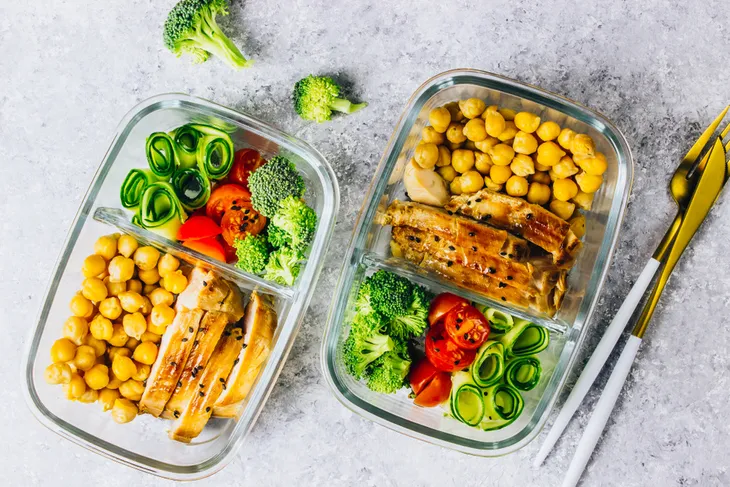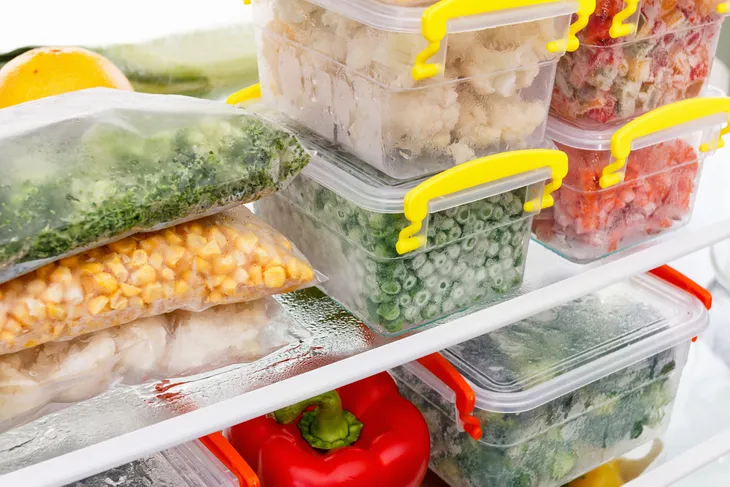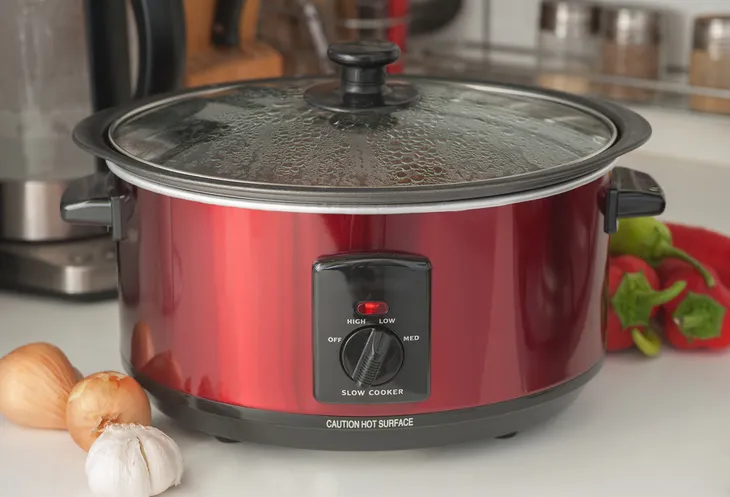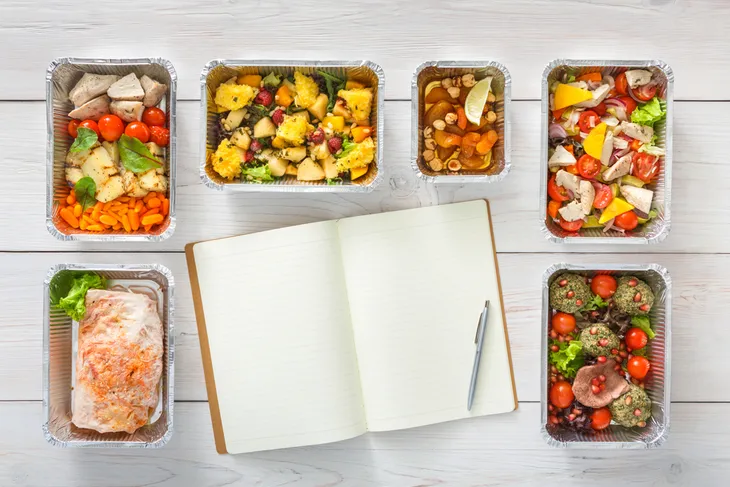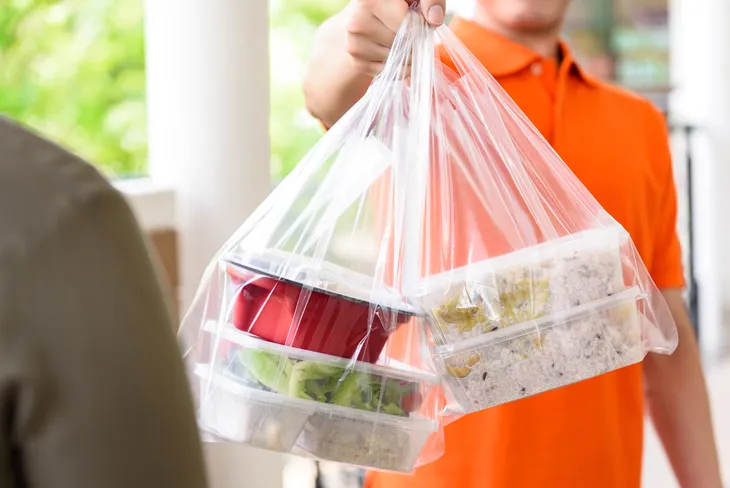If your idea of cooking for one is a microwave dinner, frozen pizza, or canned soup—think again!
While convenience meals (i.e. frozen or pre packaged dinners) are the fastest option for single dinners at home, they’re not the healthiest. It is possible to make healthy, tasty, inexpensive meals at home for one regardless of your culinary prowess.
Here are 10 inspiring tips for cooking for one…
Portion Recipes into Multiple Meals
Why spend time cooking one meal when you can get multiple meals out of one recipe? It’s really a no-brainer! Just make a recipe for 2 or 4 and divide portions into microwave safe containers for lunches and dinners for the rest of the week. Now that’s a great way to save time and money!
Get to Know Your Freezer
If you don’t enjoy eating the same meal multiple times per week, get to know your freezer. Oftentimes home-cooked meals are best divided up into freezable portions for the month. So the next time you make a big crockpot of chili or pasta sauce, freeze the rest in smaller food-storage containers and heat up as needed.
Cook Protein for the Entire Week
When I started living alone, I got into the habit of choosing one protein (i.e., a whole pork loin, chicken, or lean ham) and prepared it once (usually on Sundays) with the intention of incorporating it into various recipes throughout the week.
I mixed up the rest of the week’s meals contents—using it with brown rice, veggies, pasta and different sauces, making sandwiches, wraps, salads, and omelets, and even freezing what was left to use later on.
Buy in Bulk
You can always buy items in bulk instead of packaged if you’ll only eat small portions. For example, I buy all of my perishable fruits and veggies in bulk at the farmer’s market so I only buy what I’ll use. Don’t be afraid to purchase just 2 cobs of corn, 1 portabella mushroom, 1 sweet potato, or 4 bananas or apples for the week.
Host Group Meals
Just because you live alone doesn’t mean you can’t share your meals. I’m constantly inviting over friends and family members to eat a meal that I’ve lovingly prepared. In turn, those from my social circle often invite me over for group meals. This not only decreases weekday stress and isolation, but also cuts down on food waste.
Get a Farm Share for One
I signed up for a single farm share from our local community farm 3 years ago and have never looked back. Not only do I get the freshest, seasonal fruits and veggies dropped off at my door—the woman who drops off my basket each week always asks what I like and how much I consume to customize my order especially for me.
The One Pot Meal
If you’re worried about all the dishes you’ll have after cooking solo, try the famous one pot meal! For instance, I make a giant stew, chili, stir-fry, or soup in one pot and have minimal clean up! Believe me, your slow cooker will be your new best friend!
Eat Breakfast for Dinner
Even though I have chowed down on a bowl of whole grain cereal with fresh fruit for dinner, I’m talking about making eggs! An omelet or egg sandwich is often the best and most balanced single-serving meal you can make. Two pieces of whole grain toast with 2 eggs, avocado, tomato, and lean turkey is a protein-rich meal filled with complex carbohydrates and healthy fats!
Create a Meal Plan
If you’re worried about food and money waste, pen a meal plan for the week. Start with one protein and add the rest—grains (rice, quinoa, pasta), veggies (you can use larger frozen or small fresh portions), spices, soup bases, and sauces—that you can repurpose quickly and conveniently for breakfast, lunch, and dinner throughout the week.
Exchange Meals
If you have friends who also live alone, invite them to a meal swap. Like a cookie swap, everyone prepares single serve meals in microwaveable portions for freezing to exchange with friends. This way everyone gets multiple single-serve meals for the week, and ideas for future recipes as well!

